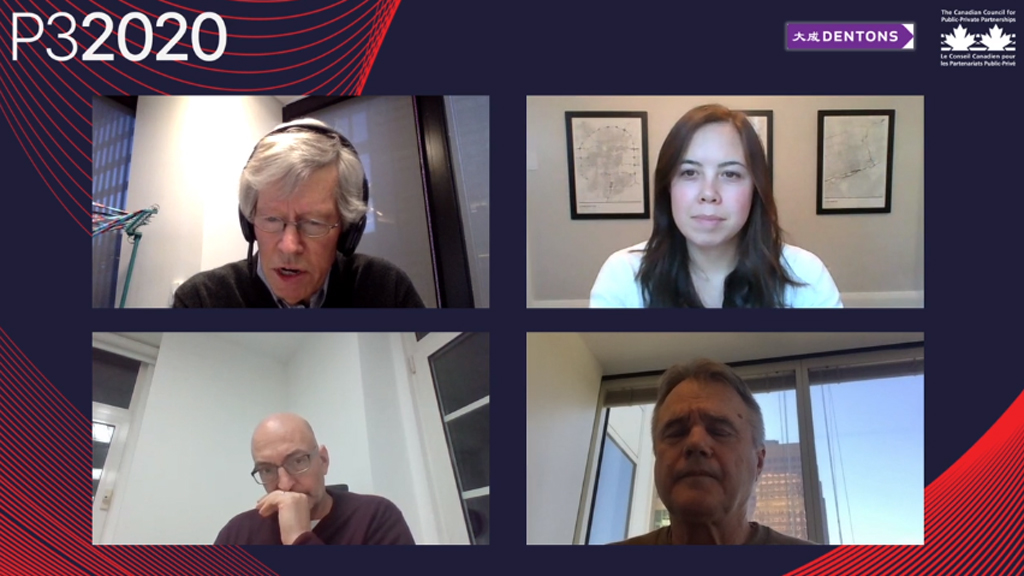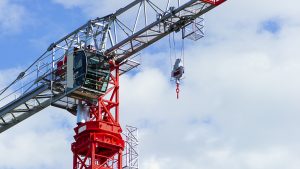Transit experts from Los Angeles, Toronto and the United Kingdom came together virtually for the Canadian Council for Public-Private Partnerships annual conference, held online for the first time.
Dentons partner Michael Ledgett moderated the Smart Mobility Station Hubs and Last Mile Networks session, which drew on the expertise of Metrolinx vice-president of development of heavy rail Meghan Wong, First Class Partnerships CEO Ian Horseman Sewell and Rick Meade, LA Metro’s senior executive officer for program management for airport connector and foothill projects.
Wong said Metrolinx has expanded transit throughout the Greater Toronto Area and has a vision of getting passengers to their destinations “better, faster, and easier.”
Prior to the pandemic, she said, 330,000 people per day rode on the network and despite the drop in ridership, the organization feels Toronto will remain a central place in both Ontario and Canada for people to conduct business and take up residence.
Wong also pointed to new provincial legislation, the Building Transit Faster Act, which she said is intended to solve permitting processes and let transit agencies have more control over the delivery of projects.
“We’ve been talking about long time frames today but that doesn’t mean we don’t have lagging demand. Toronto is doing a catch up and a move forward and new legislation is exciting,” Wong said.
Meade said part of LA Metro’s mandate in building new infrastructure is acting as the point of contact between private interests and municipalities to reduce risk and red tape.
“LA Metro is looking very hard at trying to bring the private side into the fold by doing things that balance the risk. One way to do that is work with public entities. Some projects go through 13 to 14 jurisdictions which means 13 to 14 sets of criteria the private side would have to deal with to invest in a project,” he said.
“We’re looking at the ability to work with agencies to mitigate risks on things like the permitting process. We have to ‘straight line’ the permitting requirements that go through these communities.”
Meade also pointed to the importance of private equity into projects and emphasized depending solely on public funds would overwhelm the capacity to finance projects.
“We look at things like P3 to help us, but P3 doesn’t create funds, it creates equity that needs to be paid back over time. In my opinion, bringing private money in is about reducing risk to private side and increasing capacity for benefit to the private side,” Meade said.
Sewell said in the U.K. only one per cent of rail projects require large-scale overhauls but “that doesn’t mean the other 99 per cent should be neglected.”
“As governments ban the internal combustion engine, more and more people will be trying transit for the first time,” Sewell said. “We need to do more to improve customer experience, particularly the experience of interchange.”
Follow the author on Twitter @JOCFrey.










Recent Comments
comments for this post are closed